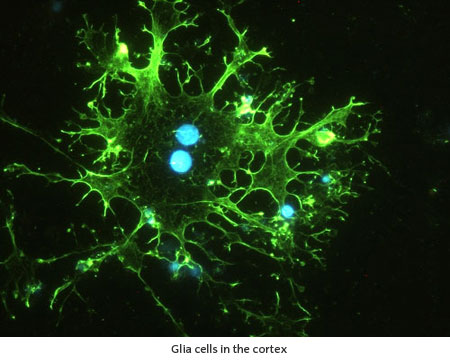Research Lines

- Microencapsulation of alive cells: Design and optimization of polymeric systems for immobilization of cells with therapeutic activity. This system provides protection to cells against the host's immune response due to its technological design, and at the same time, it turns into a controlled release pharmaceutical system.
- Micro and nano-particles as vaccine administration systems of peptides and proteins: Promising results obtained by our research group support the use of these drug (antigen) carrier systems to develop vaccines, as demonstrated by the results after their administration by different routes in laboratory animals (mice and monkeys), inducing a sustained and strong immune response.
- Non viral vectors for gene therapy purposes: Design and optimization of non-viral vectors based on lipidic and polymeric nanoparticles to transfect eukaryotic cells with therapeutic genes.
- Development of modified release formulations: Development and optimization of drug delivery systems based on new polymers to obtain a sustained release profile of drugs.
- Pharmacocinetic and biopharmaceutical evaluation of modified drug delivery and therapeutic systems obtained with bio technologic products.
- Nanocarriers for pulmonary administration: the aim of this work line is the design, optimization and characterization of vehicles in the nanometric range that are intended to be administered pulmonary. These systems present many advantages, such as mucoadhesion, biodegradability, no first pass effect hence the possibility to reduce the dose, good tolerability, deep lung deposition of the drug and sustained release of the API thus longer dosing interval. These systems are applied for the nanoformulation of DNA, peptide, antineoplasics and antibiotics. In this line, we have equipment to improve the "in vitro-in vivo" correlation of these formulations.
- Development of scaffolds for tissue engineering and regenerative medicine obtained by conventional techniques and by means of bioprinting techniques in 3D printers.
- Development of bioinks for three-dimensional printing of scaffolds, organs and tissues.



